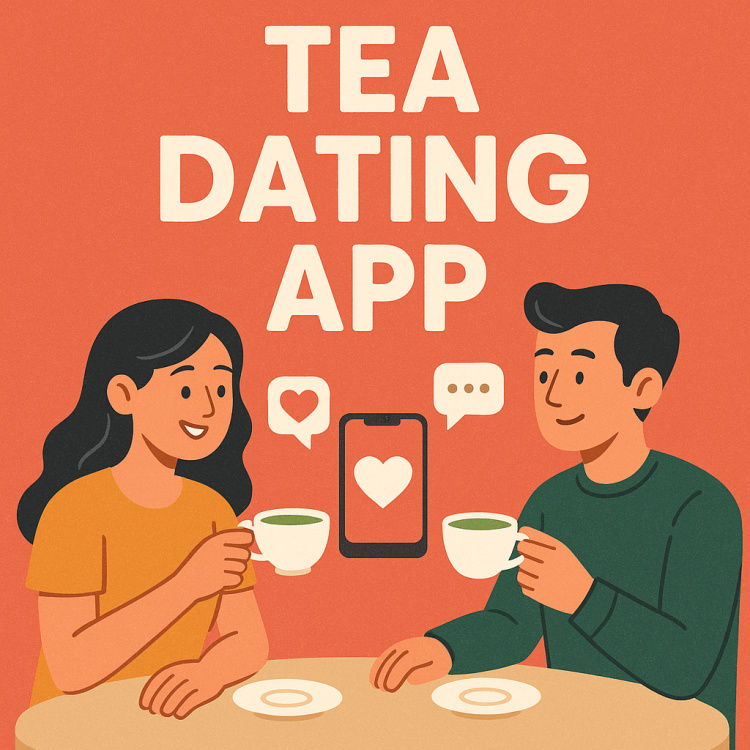Tea: The Controversial App Where Women Anonymously Review Men
In the age of dating apps like Tinder and Bumble, a new
platform called Tea has sparked both intrigue and controversy.
Marketed as a space for women to anonymously review men, Tea has
gained attention for its unfiltered approach to dating feedback—but it’s also
raised concerns about privacy, fairness, and online accountability.
What Is
the Tea App?
Tea (stylized as ’teaspill’) is an app where
women can:
✔ Post
anonymous reviews of men they’ve dated, hooked up with, or interacted
with.
✔ Rate
men on behavior, respectfulness, and dating etiquette.
✔ Warn
others about red flags (e.g., ghosting, dishonesty, or worse).
✔ Share
positive experiences to highlight ’green flags.’
The app operates similarly to Yelp or
RateMyProfessor, but for dating—with a major twist: Men cannot see
their own reviews unless they’re posted by a friend.
How Does
Tea Work?
- Women
Sign Up – Only users who identify as women can create accounts.
- Search
or Submit Reviews – Users can look up men by name, phone number,
or social media handle.
- Post
Anonymously – Reviews are shared without revealing the reviewer’s
identity.
- Men
Can’t Delete Reviews – Unless a post violates guidelines, it
stays up.
Why Is
Tea So Controversial?
Pros:
🔹 Safety First –
Women can warn others about dangerous or toxic behavior.
🔹 Accountability –
Encourages men to reflect on how they treat women.
🔹 Community-Driven –
Helps women make informed dating choices.
Cons:
🔴 Potential for
Abuse – False or exaggerated claims could harm reputations.
🔴 No
Right to Reply – Men can’t dispute unfair reviews.
🔴 Privacy
Concerns – Uploading someone’s name or number without consent raises
legal questions.
Public
Reactions
- Supporters argue
that women deserve a safe space to share dating experiences.
- Critics compare
it to ’reverse sexism’ and question its ethical
implications.
- Legal
experts warn about possible defamation and privacy lawsuits.
Alternatives
for Balanced Feedback
If Tea feels too extreme, other apps offer two-sided
review systems, such as:
- Lulu (discontinued
but similar concept)
- Peeple (a
general people-rating app)
- Private
Facebook groups where women share dating experiences discreetly.
Final
Thoughts: Is Tea Helpful or Harmful?
Tea taps into a real need—women wanting to protect each
other from bad dating experiences—but its anonymous, one-sided nature makes
it a legal and ethical minefield. While it may empower some, it risks
enabling unfair judgments without accountability.









